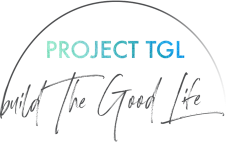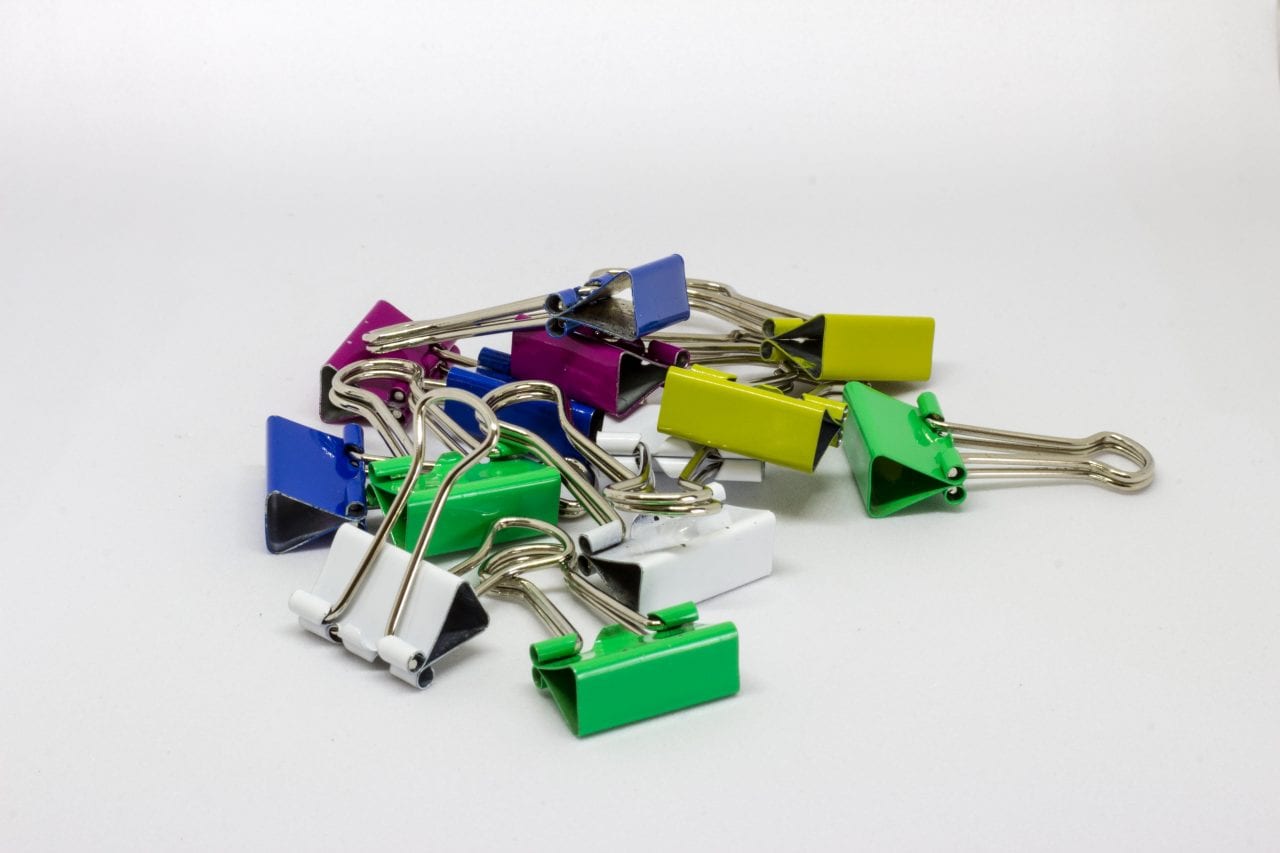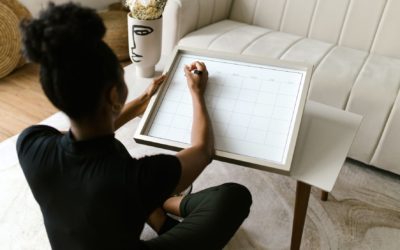Project TGL is all about living well and being organised. But what does being organised have to do with anything? Why should we want to be organised?
First: what even is being organised?
OK, so you know what it means to be organised. But do you really know what it means? If someone asked you for a definition, could you give them a definition right now?
Here’s what I think being organised is all about: it’s about consciously arranging things in an ordered way, to reduce the amount of clutter in your life. When you organise your physical environment, you have less physical clutter. But every kind of organising (whether organising your pantry, your diary, or your to-do list) helps you to have less mental clutter.
Reducing mental clutter
Example: I put my all my baking implements into a single drawer in the kitchen. Now I no longer need to separately remember the location of my wooden spoon, my whisk, and my cookie cutters. I just have one thing to remember: that I keep the baking implements in that drawer.
Example: I put all of my appointments for December into my calendar. Now I no longer need to remember the details for each and every appointment. I just have one thing to remember: that I keep my appointments in my calendar.
In both examples, I’ve reduced then number of things my brain needs to keep track of. In other words, I’ve reduced my mental clutter.
Of course, there’s a tradeoff between the effort it takes to put things in order and the effort saved by doing so. There’s no point alphabetising your books if you own three books. Organising things is only useful if there is actually mental clutter to eliminate.
Why reduce your mental clutter?
I firmly believe that being organised is the foundational discipline for living a fulfilled, confident, playful, balanced life. (Unless you’re so super rich that you don’t need to devote time and headspace to a job or your own needs, in which case… yay for you, I guess?)
Here are four big reasons to declutter your mind:
- It saves you time and effort. When you arrange information (or physical objects) in an ordered way, you make it much easier to access later on. Because it’s ordered, you know exactly where to look to get the item or information you need. Simple!
- It gives you a sense of confidence and poise. No need to feel frazzled because a hundred different things are bouncing around your head. You’re on top of it! Those hundred different things will all be taken care of in good time, and for now you can focus on living in the moment.
- It helps you to align your time and energy with your priorities. When you need to keep reacting to those hundred different things bouncing around your head (“Oh no! It’s Zahara’s birthday party today and I still haven’t bought a gift!”) it’s really hard to focus on the things that are most important to you. But when you’re organised, when you plan things in advance, you can take care of the little things and still set aside time for your big priorities. (More on that this Thursday!)
- It helps you to deliver on time and know when to say “no”. When you’re organised, you are clear about what your commitments are. When you’re clear on what your commitments are, you are in a better position to know how much time you need to devote to them and when you don’t have any time left.




